How to Stay Ahead of Mortgage Industry Challenges

The mortgage industry is a key pillar of financial markets, influencing not only the real estate sector but also the broader economy. Its performance often acts as a barometer for economic health, with shifts in mortgage trends reflecting larger economic patterns. Currently, the industry stands at a critical crossroad. Market conditions have undergone significant changes, particularly in the wake of the COVID-19 pandemic, which reshaped both lending standards and borrower behavior. Tighter lending criteria, coupled with more dynamic and mobile borrower expectations, are driving the need for innovation and adaptation. These changes require industry to navigate new challenges, while maintaining its essential role in supporting economic stability and growth. Challenges of the Mortgage Industry & Strategies to Overcome Them The total mortgage origination volume will grow to $2.3 trillion in 2025, compared to the expected $1.79 trillion in 2024. That means housing demands can be higher, and lenders will need to streamline their processes, enhance customer experience, and adopt advanced technologies like automation, data analytics, and AI-driven solutions. By leveraging these tools, lenders can improve operational efficiency, reduce risk, and better serve borrowers in an increasingly competitive market. Additionally, focusing on strong risk management practices, such as early delinquency detection and effective loan servicing, will help maintain financial stability and reduce defaults. 1. Managing High Volume Borrower Data In today’s data-driven landscape, lenders must efficiently manage vast amounts of borrower data. Without the right systems, they risk errors, inefficiencies, and poor customer retention. Advanced Loan Management Systems with automated underwriting, predictive analytics, and machine learning streamline processing, identify risks, and optimize borrower selection. 2. Adapting to Regulatory Changes Regulatory changes in the mortgage industry make team alignment challenging. Clear processes, regular briefings, and timely updates, like loan origination system updates, are essential to minimize inefficiencies, communication gaps, and compliance risks. For instance, promptly updating loan origination systems help minimize compliance risks. 3. Operational Inefficiency Operational inefficiency in the mortgage industry causes loan processing delays, higher costs, and poor customer experience, often due to outdated manual processes, siloed systems, and lack of automation. To address operational inefficiency, mortgage companies should invest in automation tools, streamline workflows, and integrate digital platforms that enable better data sharing and real-time tracking. 4. Implementing Early Warning Systems Identifying potential loan delinquencies early is essential for lenders to mitigate risk and protect their portfolios. By leveraging early warning systems, lenders can closely monitor key indicators such as missed payments, declining credit scores, and changes in financial behavior. These systems enable lenders to detect signs of trouble before they escalate, providing an opportunity to intervene proactively. Early interventions may include offering payment restructuring options, adjusting loan terms, or providing financial counseling to borrowers struggling to meet their obligations. Such proactive measures not only help reduce the likelihood of default but also foster stronger relationships with borrowers, potentially improving long-term outcomes for both parties. 5. Addressing Increasing Credit Tightness Credit tightness is unpredictable and challenging for both borrowers and lenders, often leading to reduced loan originations and slower growth. To stay afloat, mortgage lenders must focus on: 6. Dealing With Concentrated Loan Portfolios Concentrated loan portfolios increase default risks, especially during downturns. For example, focusing solely on commercial real estate can hurt your portfolio if the market declines. Diversifying allows you to pivot to stronger sectors while planning a strategy for recovery. Partner With IMS Datawise The mortgage industry is dynamic and challenging and will continue to evolve. To navigate these challenges, outsourcing to an experienced partner like IMS Datawise is key. At IMS Datawise, we handle all the mortgage-related operations – right from data collection to data filtration and operational process optimization. We use a combination of automated and human intelligence to make mortgage processing faster and more efficient. We are a data-driven outsourcing partner that uses advanced technology to streamline the company’s operations. Contact us to learn how we can help you make smarter decisions and strategize your growth, especially during turbulent times.
Brick-and-Click Bliss: The Human Touch in Mortgage Servicing

The digital revolution has transformed every corner of our lives, and the mortgage industry is no exception.
Mortgage Default Industry Update – With Benefits Of Offshoring Your Needs

There are no explicit records of the delinquency rate for mortgages in July 2023. However, the most recent data available from April 2023 shows that 2.8% of mortgages were delinquent by at least 30 days or more, including those in foreclosure.
HUD Announces 30-basis-point reduction in Annual Mortgage Insurance Premiums

On Tuesday, February 22, 2023, HUD announced a 30-basis-point reduction to the annual Mortgage …
HUD Face-to-Face: Managing Deliverables in 2023

In November 2020, after a year marked by widespread property damage due to storms and flooding, the US Federal Reserve acknowledged climate change’s influence on the US financial system and mortgage market for the first time in its semi-annual Financial Stability Report.
Impact of Natural Disasters on the US Mortgage Industry

In November 2020, after a year marked by widespread property damage due to storms and flooding, the US Federal Reserve acknowledged climate change’s influence on the US financial system and mortgage market for the first time in its semi-annual Financial Stability Report.
Return of the US Foreclosure Market, Post-Pandemic

COVID-19 brought with it several socioeconomic shifts, leading to a decrease in performance across sectors and large-scale unemployment.
The mortgage industry is ready to make a comeback from the lows.

Regularly, the Consumer Financial Protection Bureau (CFPB) publishes a report examining mortgage servicers’ responses. It recently released a report related to the Covid-19 pandemic. The data, collected across 16 large servicers from May through December 2021, reveal homeowners continue to face significant risks and challenges connected to working with their mortgage servicers.
How can your outsourcing partner help you with the Title Search Work order?

Among the various operations that the Property Preservation companies Outsource, Title Search has its unique space. And by Outsourcing it to a Work Flow Management and Back-office service provider like IMS Datawise, more and more companies are saving their costs improving their efficiency.










